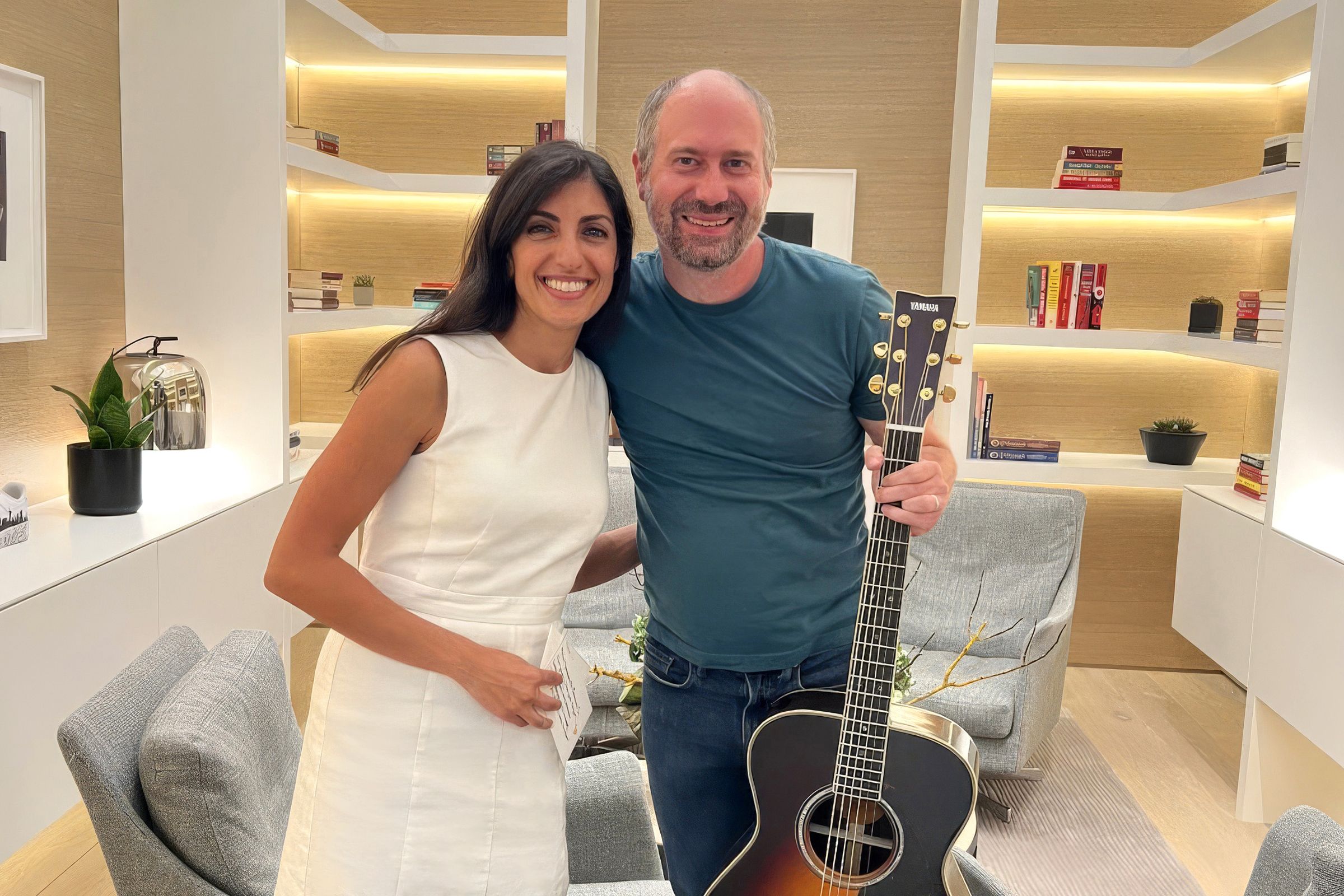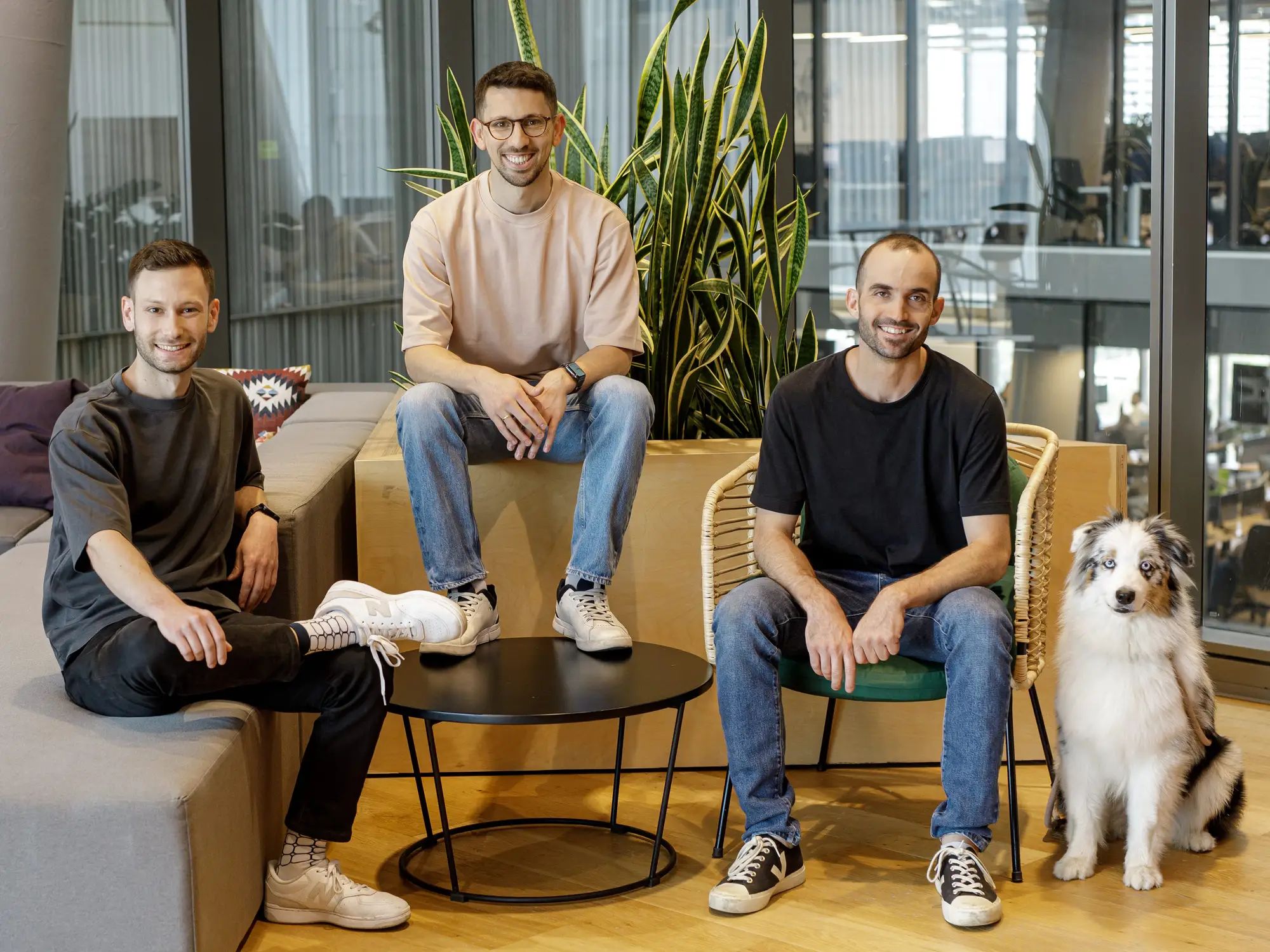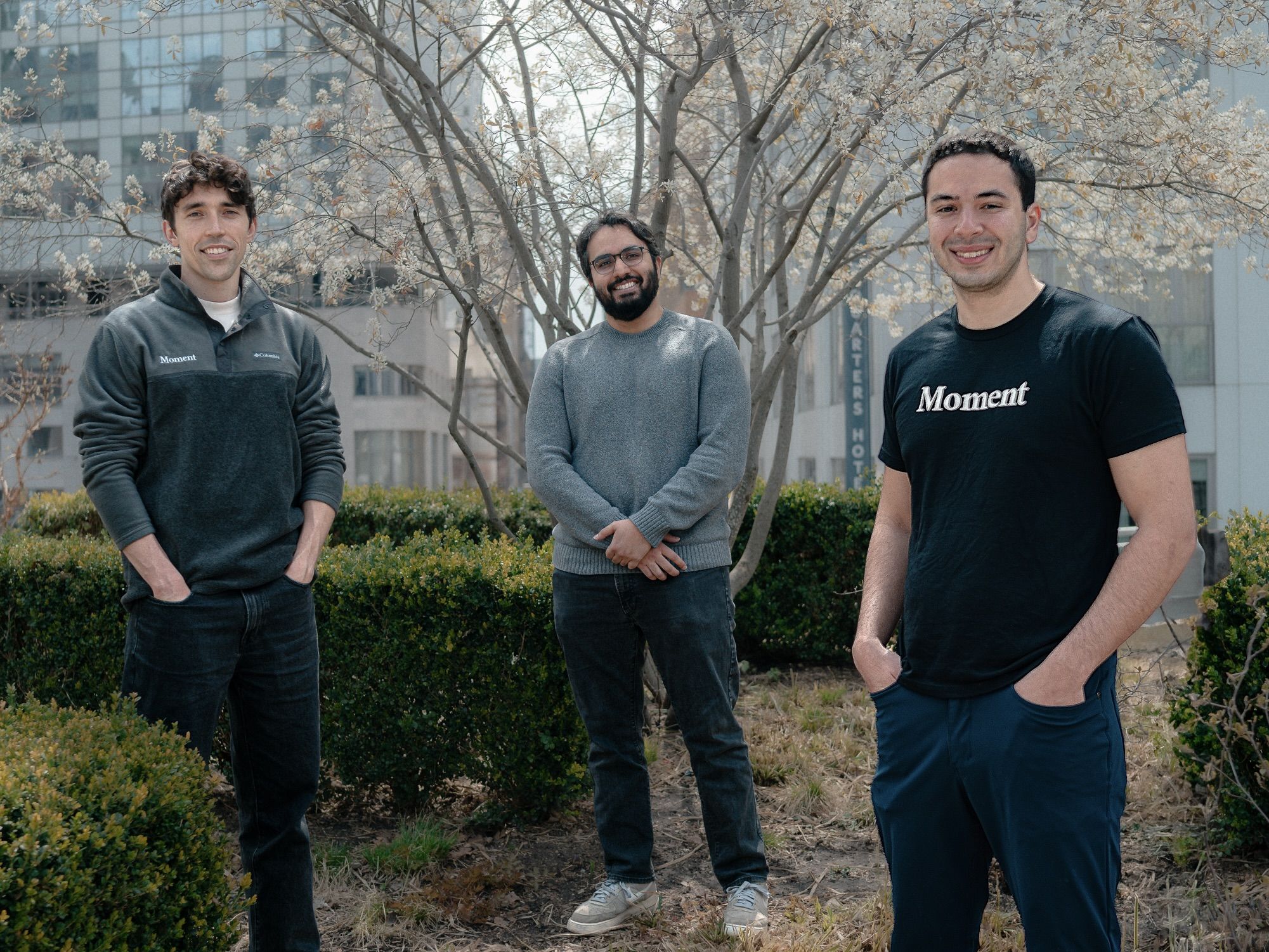The Operating System for AI Agents: Our investment in /dev/agents

I first met David Singleton nine years ago in Yerevan, Armenia. I was hosting my first Armenia Tech Summit and somehow convinced David, who back then was leading Android Wear at Google, to join me for a 72-hour whirlwind trip halfway around the world. As I watched him inspire a room full of budding entrepreneurs, he struck me as one of the most incredible technologists I had ever met; it wasn’t just his technical brilliance but his humble, down-to-earth nature. He captivated the room with his story — from growing up in a small Irish town to becoming one of Silicon Valley’s most sought-after leaders — and even serenaded the group with Irish folk songs by the end of the trip.
Since then, David and I have stayed in touch. We bonded over our shared love of Formula 1, marveling at the sport’s fusion of precision engineering, mental toughness, and raw competition. I also often sought David’s counsel on technology trends and potential investments.
After David left Google to become the Chief Technology Officer of Stripe in 2018, his star continued to rise as he built a mass following of engineers and founders who looked up to his leadership style and technical capabilities. Most recently, we had the privilege of hearing David speak at our annual Index Founder Retreat, where he shared his journey of leading not one but two of the world’s highest-performing engineering organizations.
So, it goes without saying that when David called me to share that he was building the next-gen operating system for AI agents at /dev/agents alongside Hugo Barra, Ficus Kirkpatrick, and Nicholas Jitkoff, it was a resounding “yes” for us at Index. David and Hugo worked closely together at Google in the early days of Mobile. With deep operational expertise, Hugo went on to lead global expansion for Xiaomi’s smartphones before being recruited by Mark Zuckerberg to join Meta as VP of VR. Ficus, who dropped out of high school and was part of the founding team at Android, spent over a decade at Google before teaming up with Hugo again at Meta as VP of AR/VR Platforms. Nicholas, meanwhile, spent many years at Google leading design for Chrome OS, Material Design, and other flagship product areas before taking on design leadership roles at Dropbox, Meta, and, most recently, Figma.
At Index, we believe it’s all about the people. This is an extraordinary team with a unique combination of engineering brilliance, design expertise, and operational excellence honed during their years working together on Android. They are exactly the right people to go after building an operating system for AI Agents. Their vision of an agentic future promises to transform how we interact with software in our daily lives. Instead of navigating an app grid for every task, agentic applications could bring solutions directly to users, working collaboratively and intelligently, much like people do. But realizing this vision requires rethinking software from the ground up: building new developer tools, creating new UI primitives, and reimagining an app ecosystem. With their proven leadership and expertise, this team has what it takes to deliver the platform that unlocks the full potential of AI for everyone.
We couldn’t be more excited to welcome David, Hugo, Ficus, and Nicholas into the Index family and partner with CapitalG, Conviction, and a special group of incredible angels. If you’re inspired by their vision and want to be part of it, /dev/agents is hiring — learn more about the company at sdsa.ai.
Published — Nov. 26, 2024

